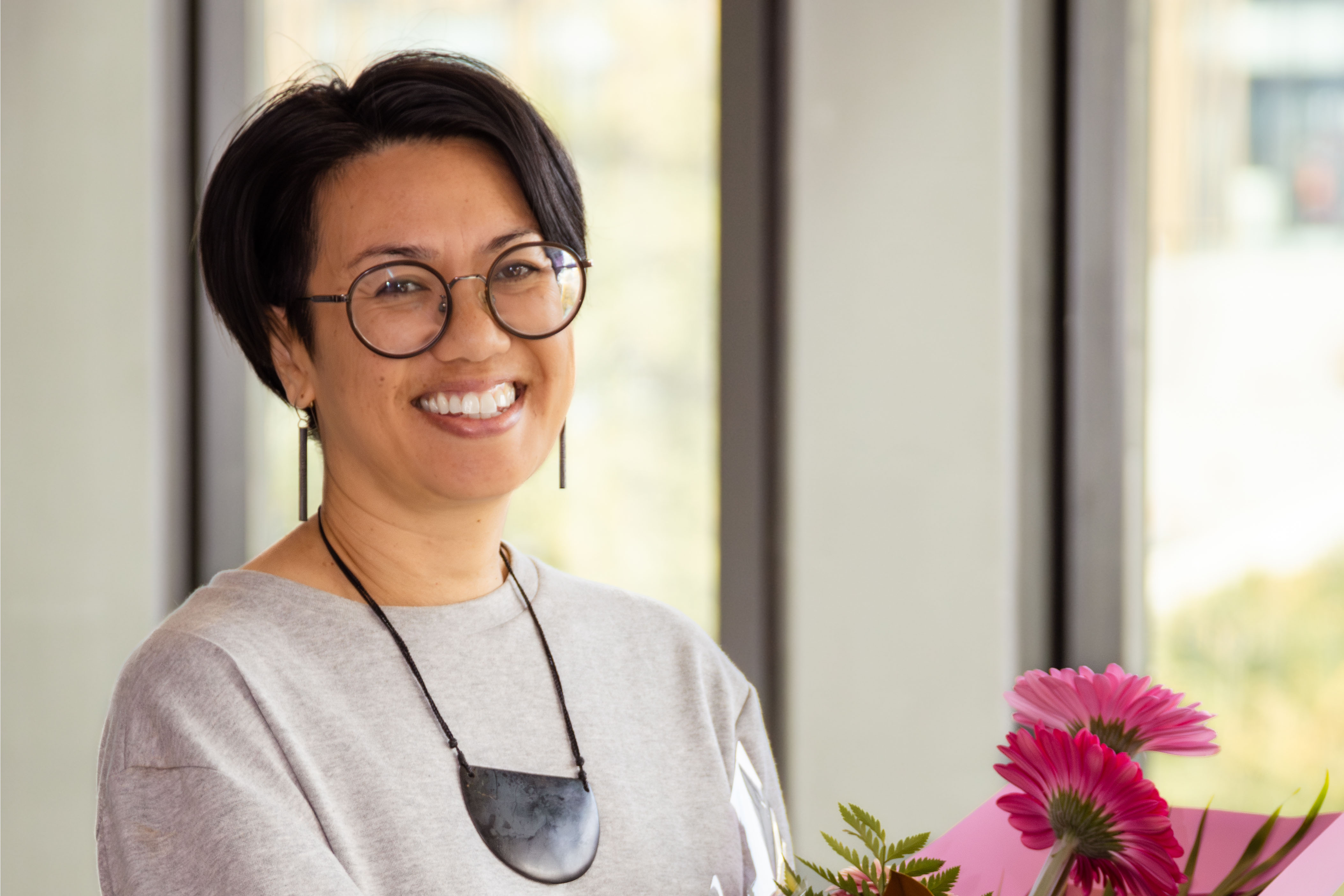Case Study
Summer Studentship 2024-2025: Kabir Khanna
Kabir Khanna is one of this year’s five recipients of the summer studentship grant who each received $6,500 to carry out a 10-week research project with a focus on diabetes. Kabir shares more about the research project.
1. Can you tell us how you got involved with medical research?
My interest in getting involved with this Summer Studentship began during my Ophthalmology rotation at the beginning of my 5th year of medical school at the University of Auckland. Associate Professor Stuti Misra was giving lectures about Diabetic Retinopathy which I found highly interesting. In addition to this, I have not previously had much experience in research thus I felt involvement in this summer studentship may be a great opportunity to grow my knowledge and experience not only when it comes to the process of conducting a study but also with regards to learning more about Diabetes in general. I therefore got into contact with A/P Misra leading to the opportunity to take part in this project.
2. Could you provide a brief overview of the key aspects your study will explore?
My research topic studied the relationship between diabetic nephropathy (DN) and diabetic macular oedema (DMO) in patients with type 2 diabetes mellitus (T2DM). It is a retrospective, cross sectional study that collected data from the charts of T2DM patients from the Medical Retinal Clinic at the Greenlane Clinical Centre. The main outcome was assessing DMO development from retinal examinations and comparing this to renal function, specifically estimated glomerular filtration rate (eGFR), urinary albumin, creatinine and urine albumin-creatinine ratio (aACR). The goal of the study being to see if there is a possible connection between DMO development and renal function of T2DM patients.
3. Can you tell us about your motivation and inspiration for your research?
A key inspiration for my research was seeing the effect T2DM has had on loved ones. I have seen firsthand the trials T2DM has not only on a patient themselves but also on their families. Diabetic Retinopathy (DR) is a very debilitating complication that reduces one's independence significantly. Being involved in a project that tried to find a way of identifying DMO development sooner and therefore reduce the risk of blindness in DR was a major motivation for myself.
4. Can you elaborate on how your research project will positively impact the lives of individuals in Aotearoa living with diabetes?
The research project aims to identify a possible relationship between DMO development and renal function of T2DM patients. The existence of this relationship would therefore suggest that the renal function of a patient with T2DM could be used as a potential marker that can track DMO. DMO is known to be the leading cause of blindness in patients with DR. Thus, this could be a key method of identifying DMO development sooner and therefore help reduce the risks of patients becoming blind as a result of its development. This is especially important when considering that T2DM is an ever-growing issue here in Aotearoa. Our Māori and Pacific people are also more likely to have T2DM as well as its related complications. Therefore, this study could be used to help reduce the negative health outcomes they have and also bridge the inequity gap that exists as a result of this.
5. What does it mean to you being selected as one of the five recipients of the Summer Studentships this year?
I am extremely grateful to be one of the five recipients of the Summer Studentships this year. I feel privileged to have the opportunity to take part in my project. Being able to learn more about the process of carrying out a study as well as helping to learn more about how we can better identify the effects of DR is an invaluable experience for me. I feel this experience is something that I can apply in my future practice in order to help improve the health outcomes of my future patients here in Aotearoa.
6. The Summer Studentships are made possible thanks to donations to the Diabetes Research Foundation. Please tell us how important these Summer Studentships are to others looking to conduct research?
I believe these Summer Studentships play a vital role with regards to conducting research. They allow medical students (and other researchers) to gain a deeper understanding into the challenges and complexity that is involved in designing and completing a research project. In addition to this, knowledge is also gained into the relevant topic of study but also from a broader perspective as well. Finally, and most importantly, the insights gained from these projects can play a role in developing better ways of helping our communities to ensure they receive better healthcare and overall better health outcomes.

